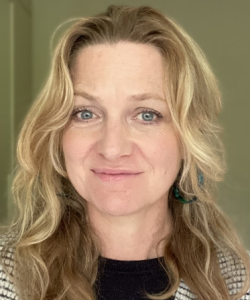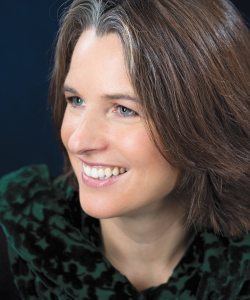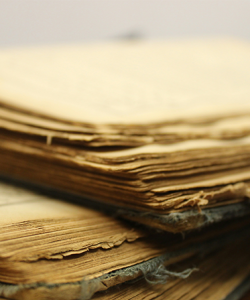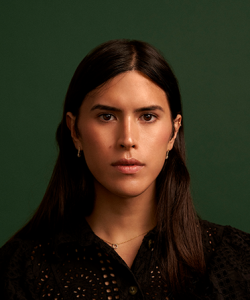Ten Questions for Rhoni Blankenhorn

“Notes/fragments help me relive moments that carry seeds, sparks, moments of import, humor, and beauty.” —Rhoni Blankenhorn, author of Rooms for the Dead and the Not Yet
Jump to navigation Skip to content

“Notes/fragments help me relive moments that carry seeds, sparks, moments of import, humor, and beauty.” —Rhoni Blankenhorn, author of Rooms for the Dead and the Not Yet

The author of Scream / Queen (Acre Books, 2025) recommends poets expand their research beyond their typical interests.

“The research I did for this novel was so intriguing, looking at the psychology and science of siblinghood, memory, identity.” —Fran Littlewood, author of The Accidental Favorite

The author of Scream / Queen (Acre Books, 2025) encourages poets to consider world-building in their collections like compiling a concept album.

A writer discusses the impact of perceived literary success on her marriage to another writer, drawing attention to the domestic and quotidian labor behind the privilege of being able to pursue one’s creative dreams.

“If you put the hours in, the work will work itself out.” —Shoshana von Blanckensee, author of Girls Girls Girls

The author of Scream / Queen (Acre Books, 2025) encourages writers to consider how music albums are introduced as they craft the beginning of poetry collections.

“[Y]ou should write, or at the very least revise, with a reader always in mind.” —Robert P. Baird, author of The Nimbus

Writer and translator Elizabeth T. Gray considers the craft of integrating foreign objects into poetry.

“But so much of the work is done in those gaps, when the book sits in the back of your mind with your subconscious untangling it.” —Nicola Dinan, author of Disappoint Me